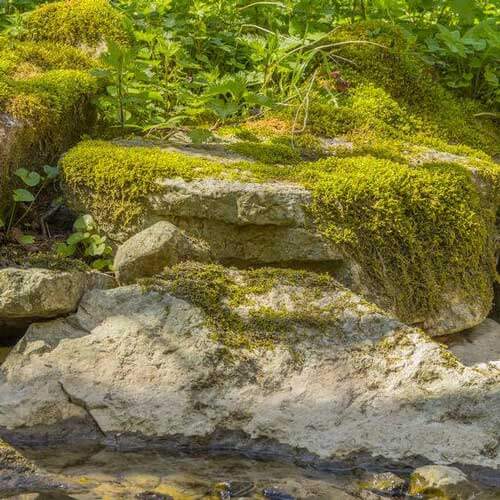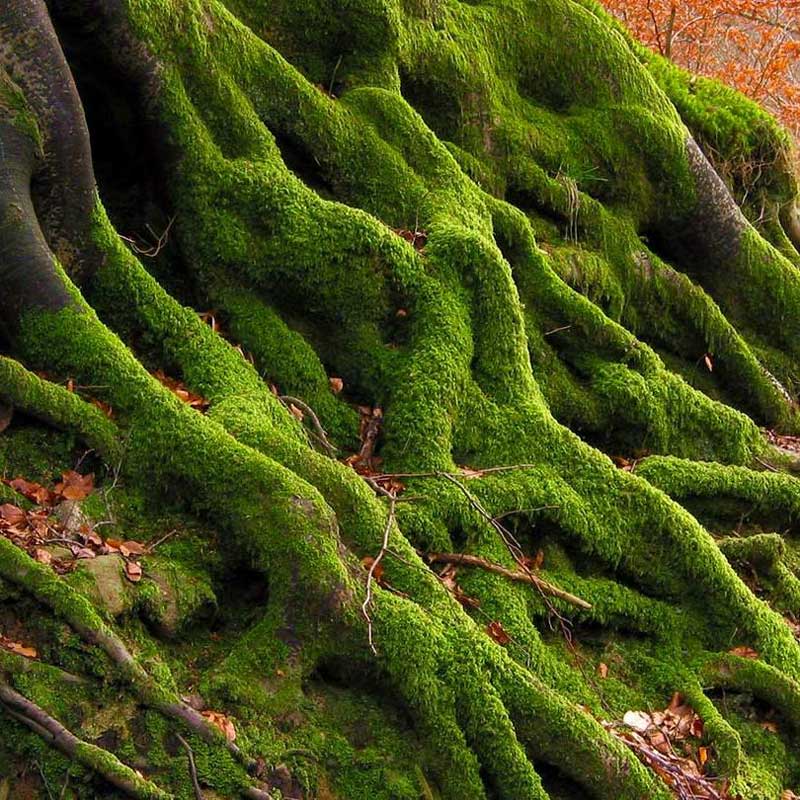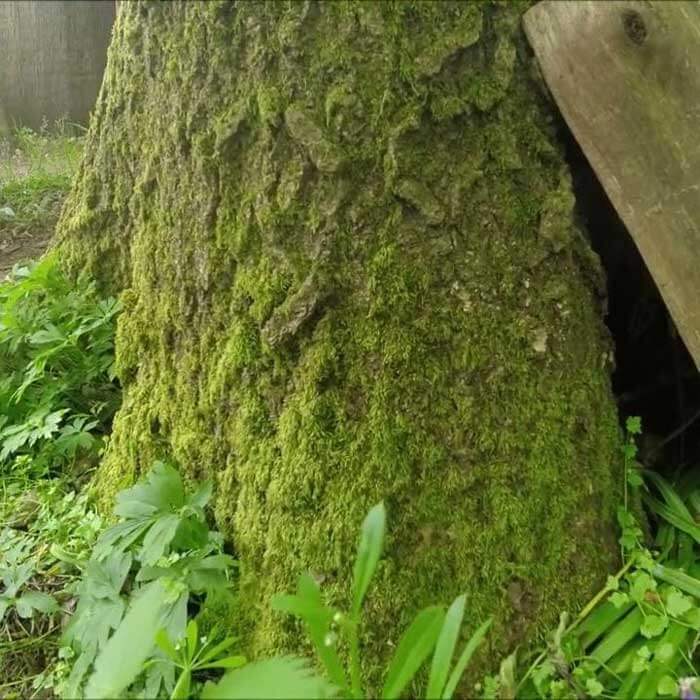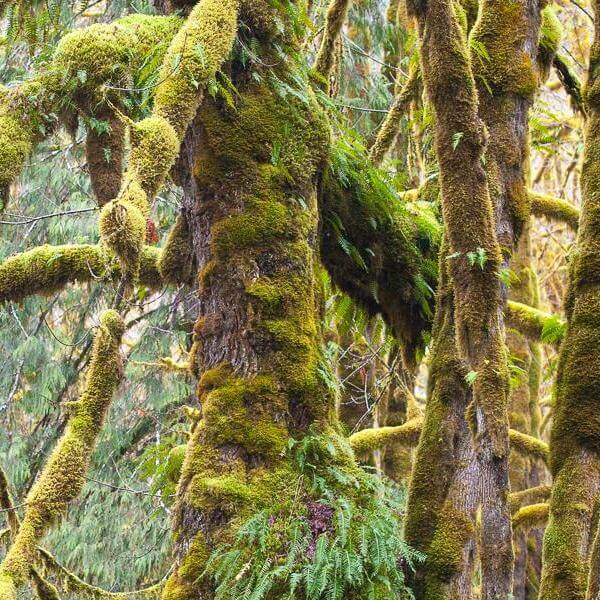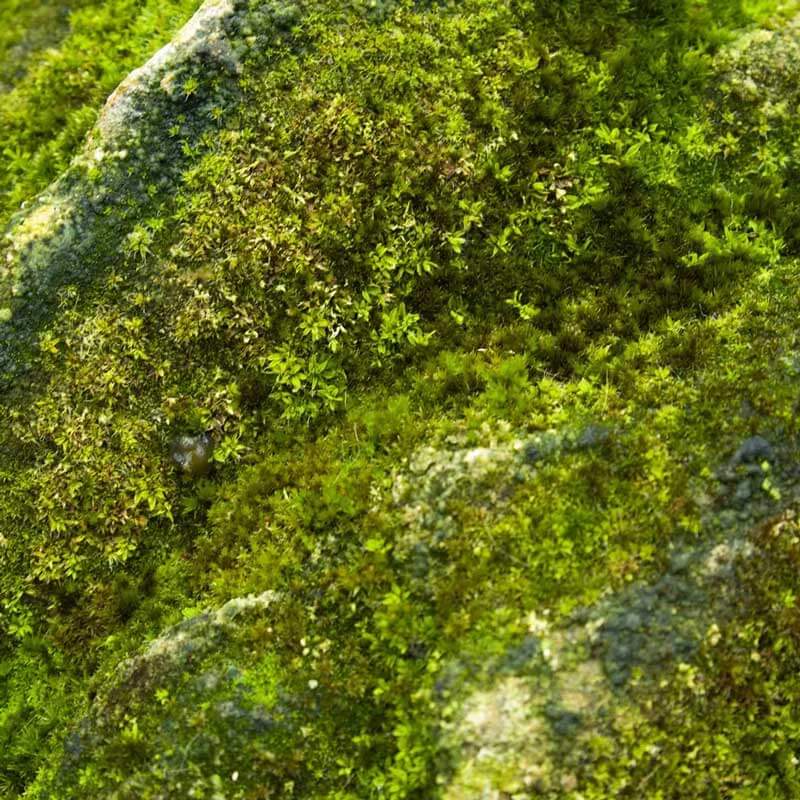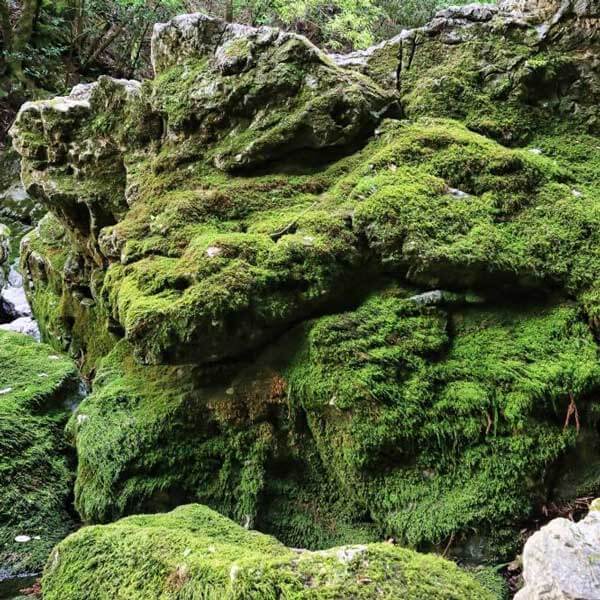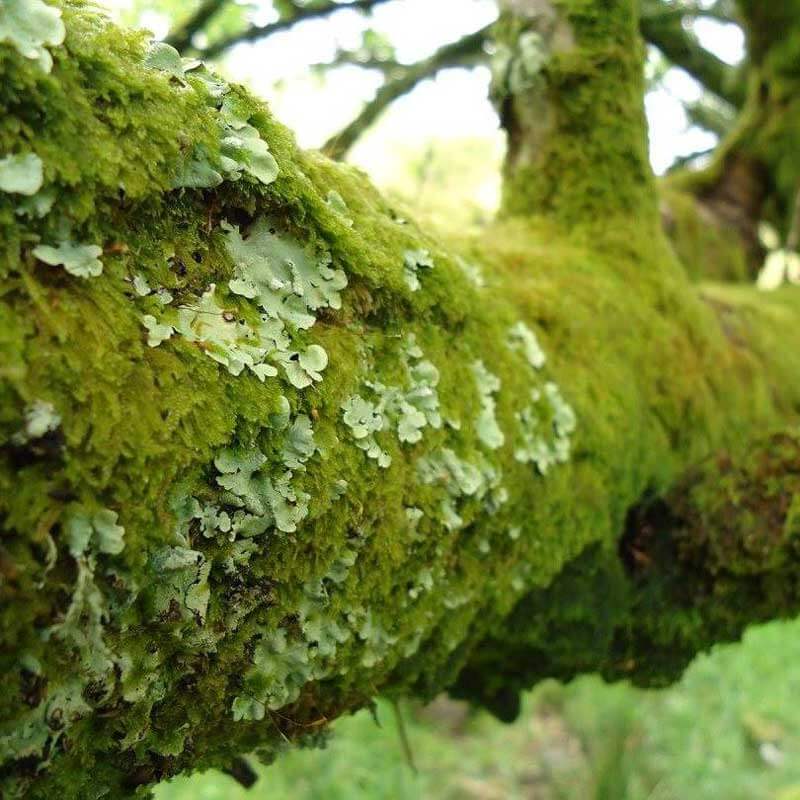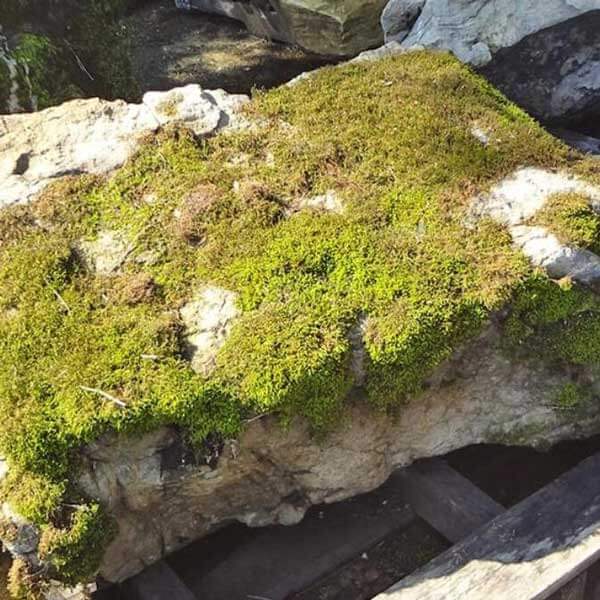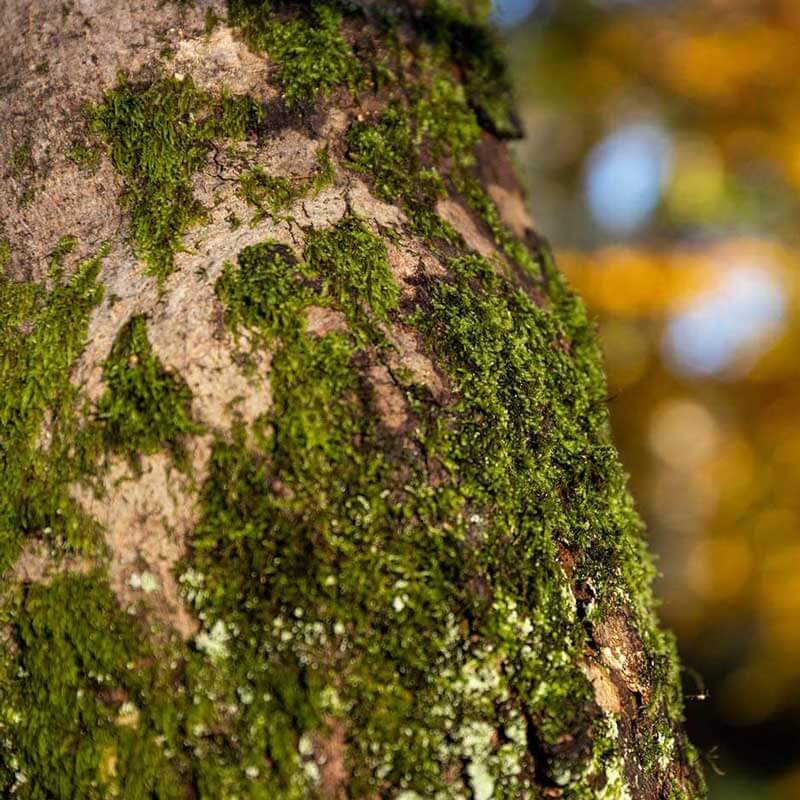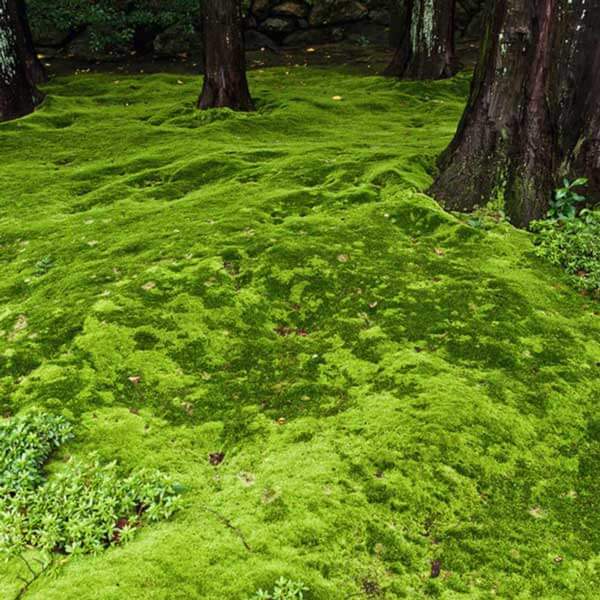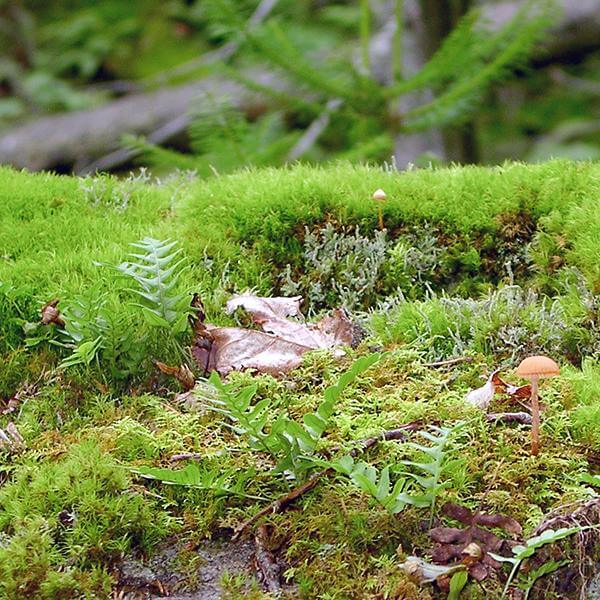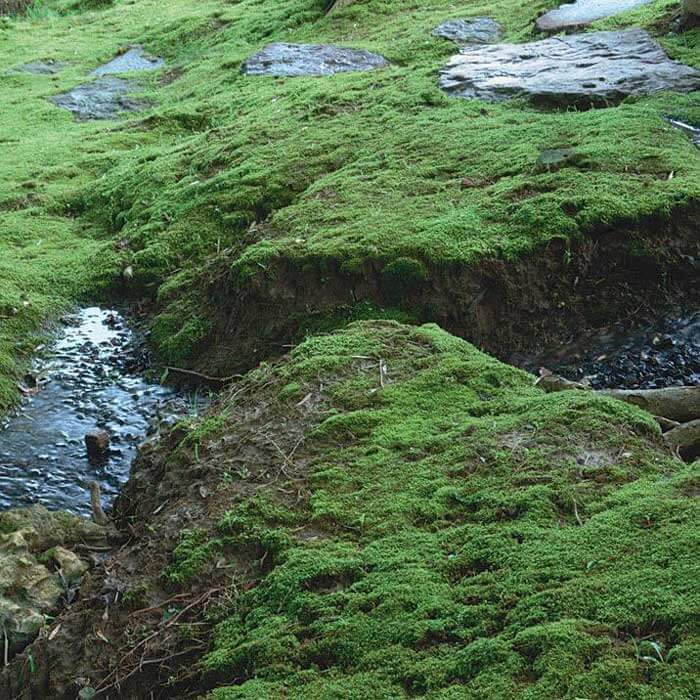Will Glyphosate Kill Moss? The Truth About Moss Control
Moss is a common issue for homeowners and gardeners, especially in damp and shaded areas. If you’re wondering, “Will glyphosate kill moss?”, you’re not alone. This guide dives into how glyphosate works, its effectiveness against moss, and the best strategies to eliminate moss from your lawn or garden.
What Is Glyphosate?
Glyphosate is a broad-spectrum herbicide widely used for killing weeds and unwanted plants. It targets actively growing plants with root systems, inhibiting an enzyme essential for plant growth. Glyphosate is highly effective against grasses and broadleaf weeds, but does it work on moss?
Does Glyphosate Kill Moss?
The short answer is no. Moss is not a vascular plant, meaning it lacks the roots, stems, and leaves that glyphosate targets. As a result, glyphosate has little to no impact on moss growth. If you’re dealing with moss in your yard, applying glyphosate will likely leave you disappointed.
Why Doesn’t Glyphosate Work on Moss?
To understand why glyphosate isn’t effective on moss, it’s important to consider its biology:
- No root system: Moss absorbs water and nutrients through its leaves rather than roots.
- Lack of vascular tissue: Unlike weeds, moss does not rely on vascular systems for growth.
- Different growth environment: Moss thrives in acidic, damp, and shaded areas, which makes it resilient to herbicides like glyphosate.
Best Methods to Kill Moss
If glyphosate isn’t the solution, what can you do to get rid of moss? Here are some proven strategies:
- Improve Lawn Conditions
- Increase sunlight exposure by trimming overhanging trees.
- Improve soil drainage to prevent waterlogging.
- Adjust soil pH using lime to create an alkaline environment, which moss cannot tolerate.
- Use Moss Control Products
Specialized products like ferrous sulfate-based moss killers or moss treatments are more effective. These are designed to specifically target moss while being safe for your grass and plants. - Manual Removal
- Rake or scrape moss off hard surfaces.
- Aerate your lawn to improve airflow and reduce compaction.
- Preventative Measures
- Regularly mow and fertilize your lawn to promote healthy grass growth.
- Remove excess thatch and debris to discourage moss from taking root.
Can Glyphosate Help Indirectly?
While glyphosate does not kill moss directly, it can help indirectly by controlling weeds and other plants competing with your lawn for sunlight and nutrients. By clearing out unwanted vegetation, you create a healthier environment where grass can thrive, reducing the chances of moss taking over.
Does Glyphosate Kill Moss?
The short answer is no. Moss is not a vascular plant, meaning it lacks the roots, stems, and leaves that glyphosate targets. As a result, glyphosate has little to no impact on moss growth. If you’re dealing with moss in your yard, applying glyphosate will likely leave you disappointed.
Why Doesn’t Glyphosate Work on Moss?
To understand why glyphosate isn’t effective on moss, it’s important to consider its biology:
- No root system: Moss absorbs water and nutrients through its leaves rather than roots.
- Lack of vascular tissue: Unlike weeds, moss does not rely on vascular systems for growth.
- Different growth environment: Moss thrives in acidic, damp, and shaded areas, which makes it resilient to herbicides like glyphosate.
Best Methods to Kill Moss
If glyphosate isn’t the solution, what can you do to get rid of moss? Here are some proven strategies:
- Improve Lawn Conditions
- Increase sunlight exposure by trimming overhanging trees.
- Improve soil drainage to prevent waterlogging.
- Adjust soil pH using lime to create an alkaline environment, which moss cannot tolerate.
- Use Moss Control Products
Specialized products like ferrous sulfate-based moss killers or moss treatments are more effective. These are designed to specifically target moss while being safe for your grass and plants. - Manual Removal
- Rake or scrape moss off hard surfaces.
- Aerate your lawn to improve airflow and reduce compaction.
- Preventative Measures
- Regularly mow and fertilize your lawn to promote healthy grass growth.
- Remove excess thatch and debris to discourage moss from taking root.
Can Glyphosate Help Indirectly?
While glyphosate does not kill moss directly, it can help indirectly by controlling weeds and other plants competing with your lawn for sunlight and nutrients. By clearing out unwanted vegetation, you create a healthier environment where grass can thrive, reducing the chances of moss taking over.
Moss is a common issue for homeowners and gardeners, especially in damp and shaded areas. If you’re wondering, “Will glyphosate kill moss?”, you’re not alone. This guide dives into how glyphosate works, its effectiveness against moss, and the best strategies to eliminate moss from your lawn or garden.
What Is Glyphosate?
Glyphosate is a broad-spectrum herbicide widely used for killing weeds and unwanted plants. It targets actively growing plants with root systems, inhibiting an enzyme essential for plant growth. Glyphosate is highly effective against grasses and broadleaf weeds, but does it work on moss?
Does Glyphosate Kill Moss?
The short answer is no. Moss is not a vascular plant, meaning it lacks the roots, stems, and leaves that glyphosate targets. As a result, glyphosate has little to no impact on moss growth. If you’re dealing with moss in your yard, applying glyphosate will likely leave you disappointed.
Why Doesn’t Glyphosate Work on Moss?
To understand why glyphosate isn’t effective on moss, it’s important to consider its biology:
- No root system: Moss absorbs water and nutrients through its leaves rather than roots.
- Lack of vascular tissue: Unlike weeds, moss does not rely on vascular systems for growth.
- Different growth environment: Moss thrives in acidic, damp, and shaded areas, which makes it resilient to herbicides like glyphosate.
Best Methods to Kill Moss
If glyphosate isn’t the solution, what can you do to get rid of moss? Here are some proven strategies:
- Improve Lawn Conditions
- Increase sunlight exposure by trimming overhanging trees.
- Improve soil drainage to prevent waterlogging.
- Adjust soil pH using lime to create an alkaline environment, which moss cannot tolerate.
- Use Moss Control Products
Specialized products like ferrous sulfate-based moss killers or moss treatments are more effective. These are designed to specifically target moss while being safe for your grass and plants. - Manual Removal
- Rake or scrape moss off hard surfaces.
- Aerate your lawn to improve airflow and reduce compaction.
- Preventative Measures
- Regularly mow and fertilize your lawn to promote healthy grass growth.
- Remove excess thatch and debris to discourage moss from taking root.
Can Glyphosate Help Indirectly?
While glyphosate does not kill moss directly, it can help indirectly by controlling weeds and other plants competing with your lawn for sunlight and nutrients. By clearing out unwanted vegetation, you create a healthier environment where grass can thrive, reducing the chances of moss taking over.
Does Glyphosate Kill Moss?
The short answer is no. Moss is not a vascular plant, meaning it lacks the roots, stems, and leaves that glyphosate targets. As a result, glyphosate has little to no impact on moss growth. If you’re dealing with moss in your yard, applying glyphosate will likely leave you disappointed.
Why Doesn’t Glyphosate Work on Moss?
To understand why glyphosate isn’t effective on moss, it’s important to consider its biology:
- No root system: Moss absorbs water and nutrients through its leaves rather than roots.
- Lack of vascular tissue: Unlike weeds, moss does not rely on vascular systems for growth.
- Different growth environment: Moss thrives in acidic, damp, and shaded areas, which makes it resilient to herbicides like glyphosate.
Best Methods to Kill Moss
If glyphosate isn’t the solution, what can you do to get rid of moss? Here are some proven strategies:
- Improve Lawn Conditions
- Increase sunlight exposure by trimming overhanging trees.
- Improve soil drainage to prevent waterlogging.
- Adjust soil pH using lime to create an alkaline environment, which moss cannot tolerate.
- Use Moss Control Products
Specialized products like ferrous sulfate-based moss killers or moss treatments are more effective. These are designed to specifically target moss while being safe for your grass and plants. - Manual Removal
- Rake or scrape moss off hard surfaces.
- Aerate your lawn to improve airflow and reduce compaction.
- Preventative Measures
- Regularly mow and fertilize your lawn to promote healthy grass growth.
- Remove excess thatch and debris to discourage moss from taking root.
Can Glyphosate Help Indirectly?
While glyphosate does not kill moss directly, it can help indirectly by controlling weeds and other plants competing with your lawn for sunlight and nutrients. By clearing out unwanted vegetation, you create a healthier environment where grass can thrive, reducing the chances of moss taking over.


